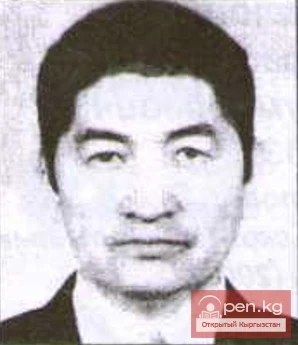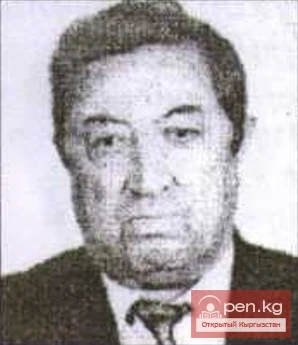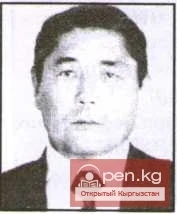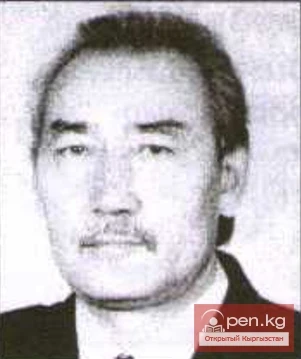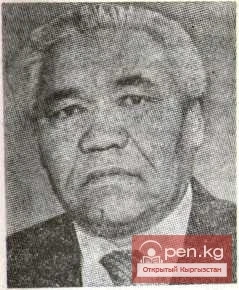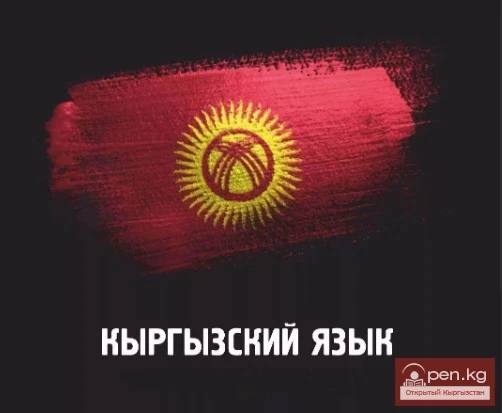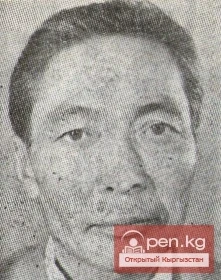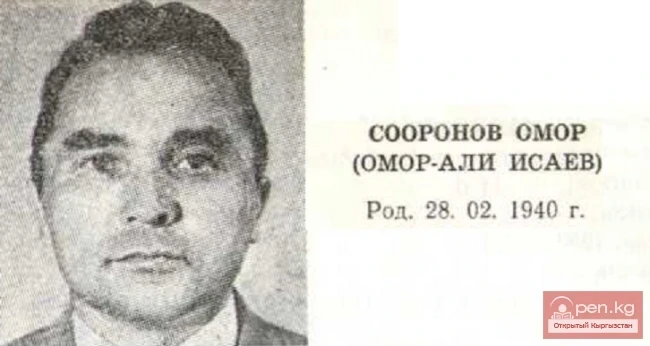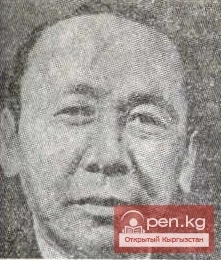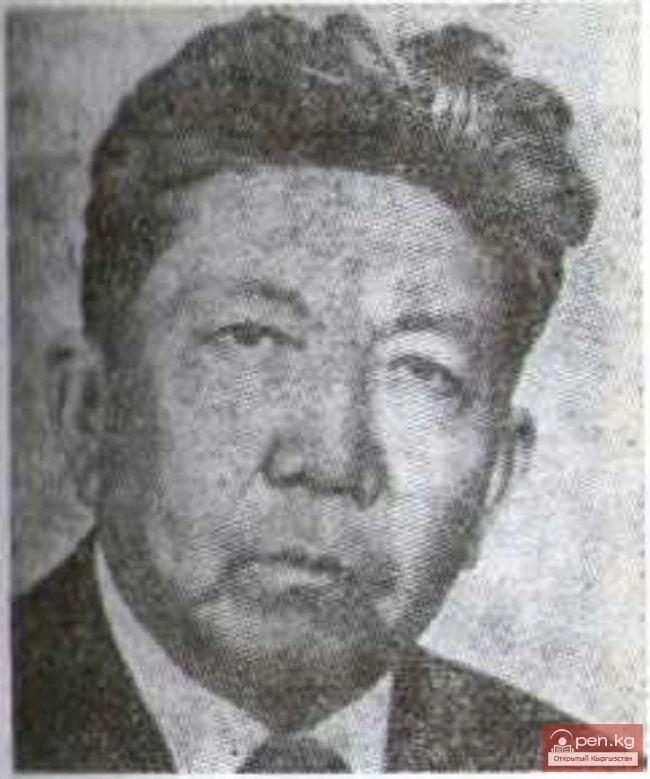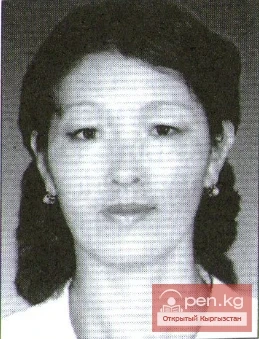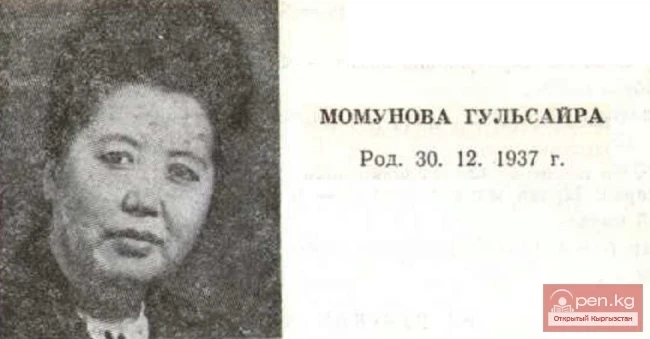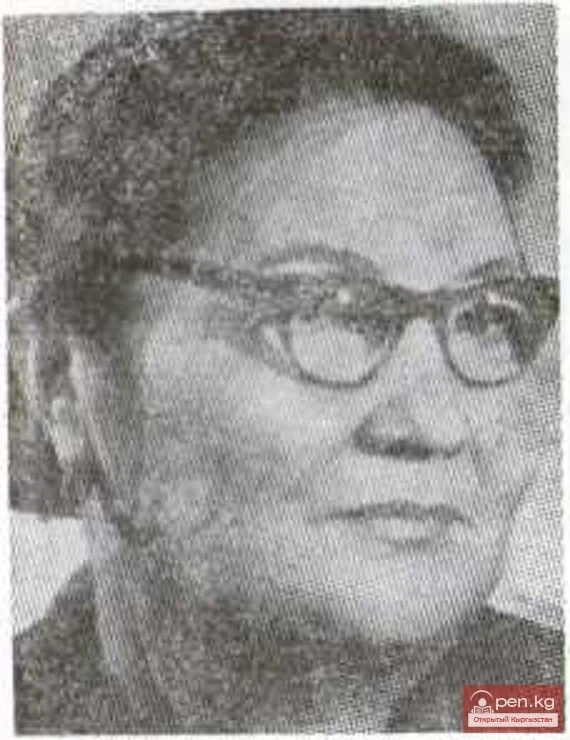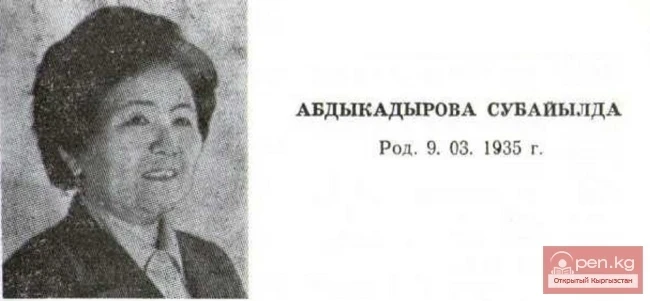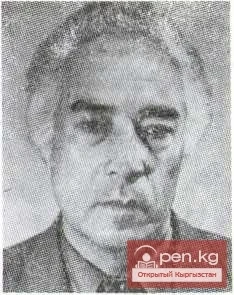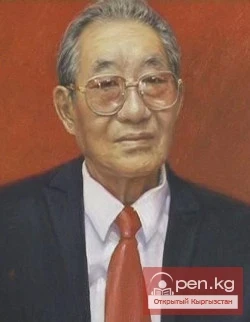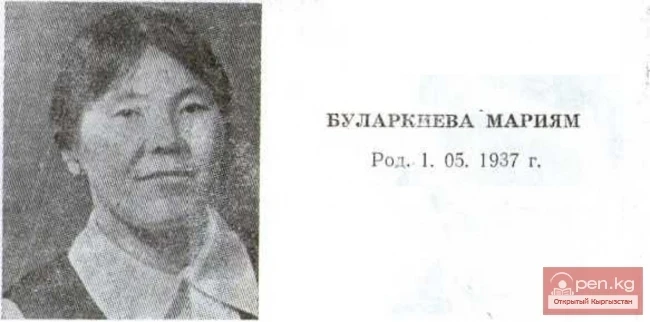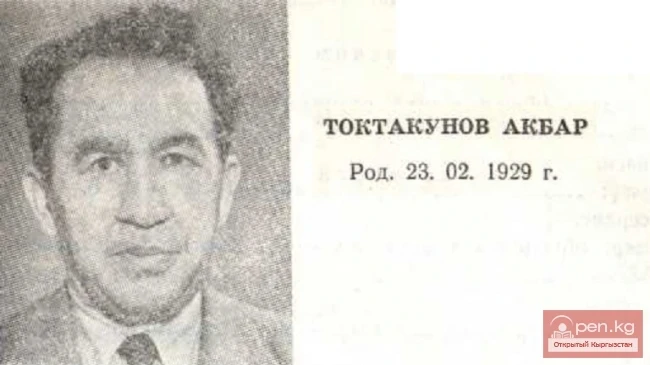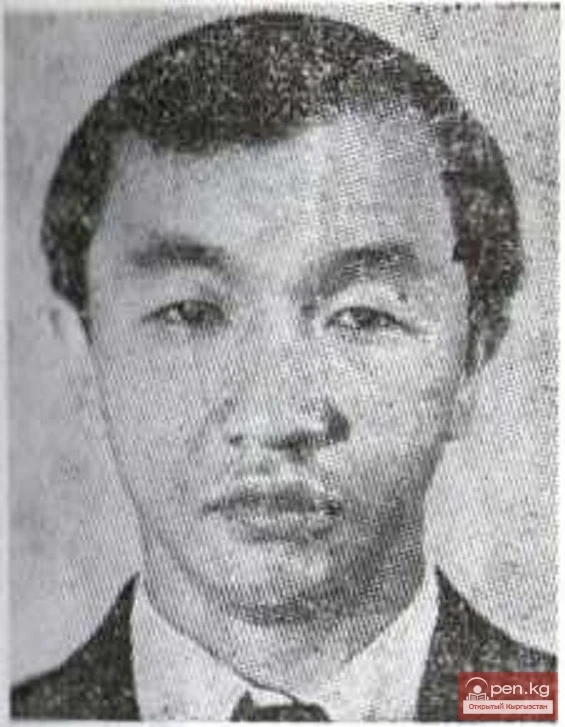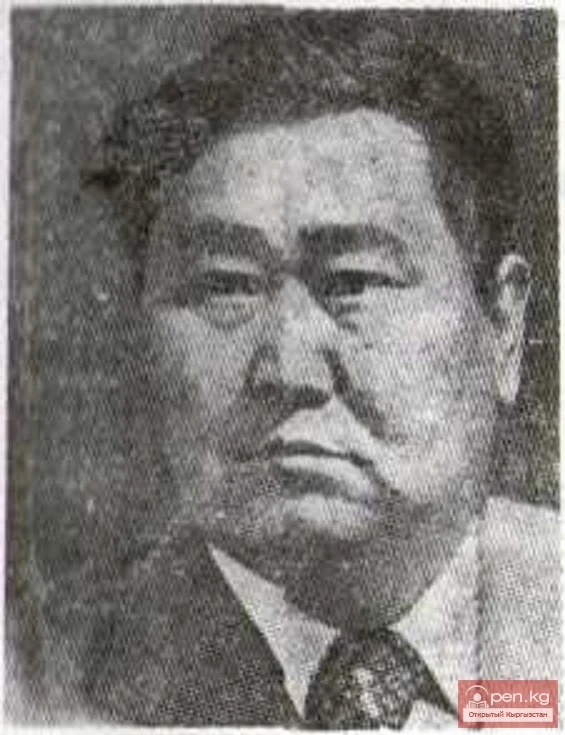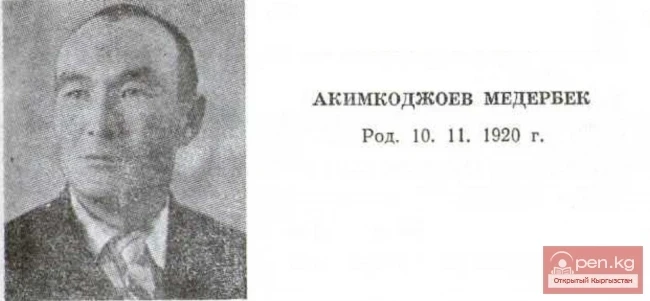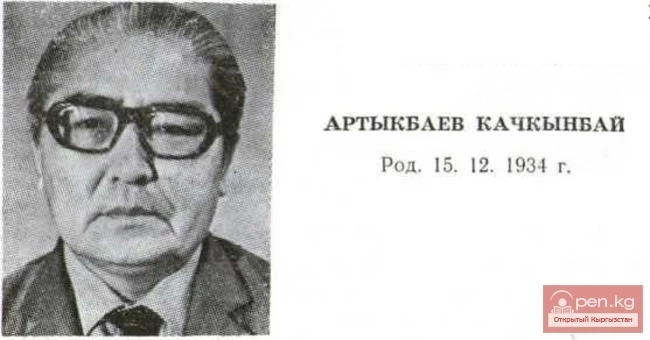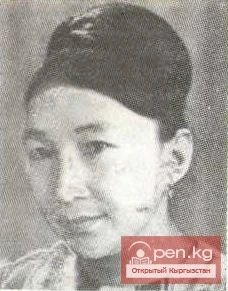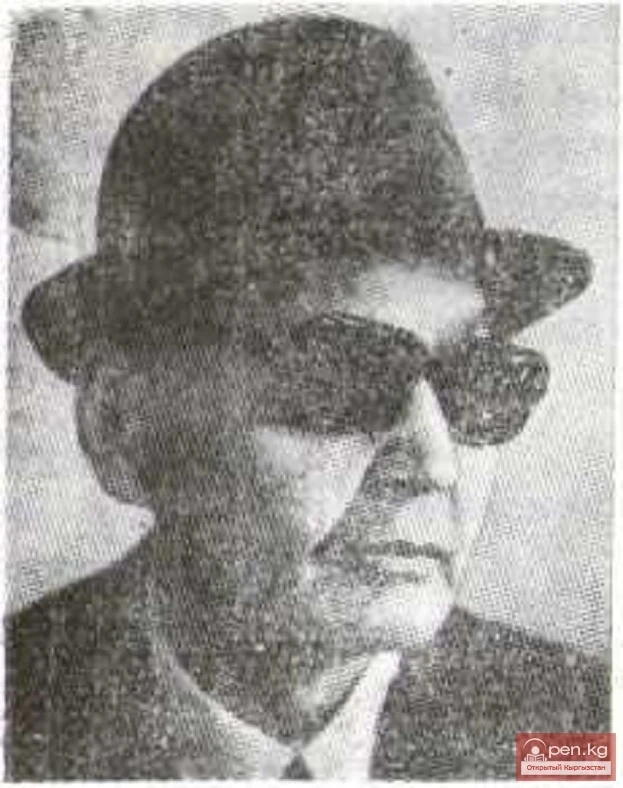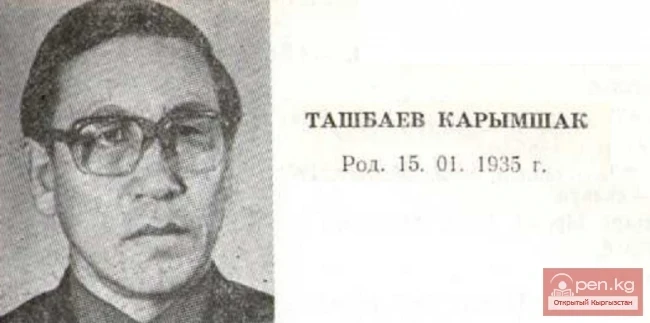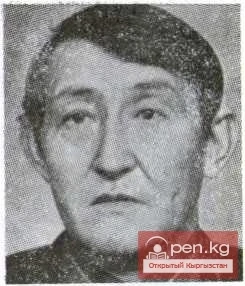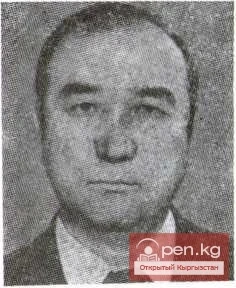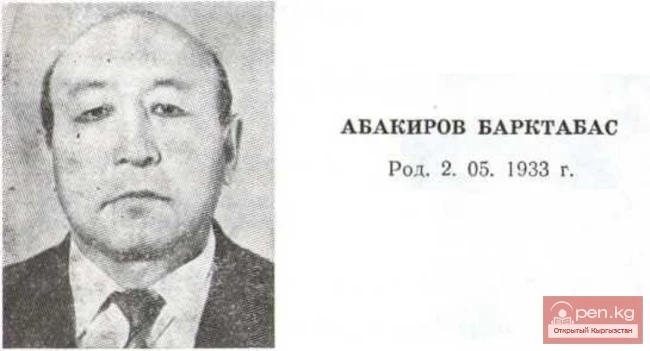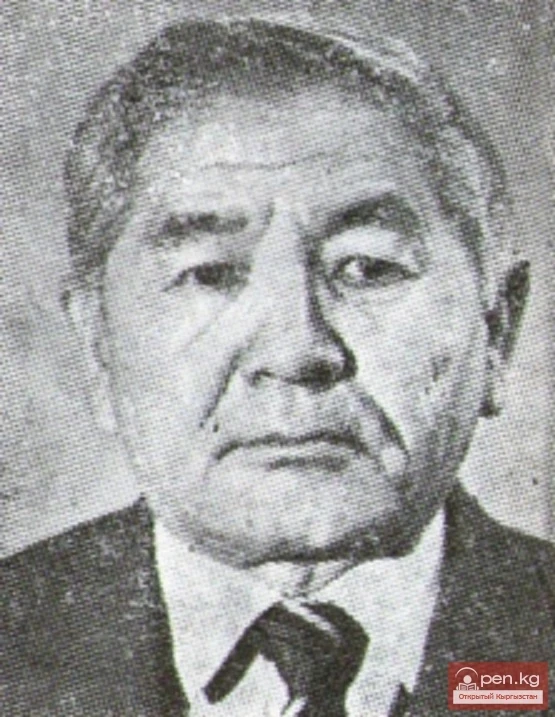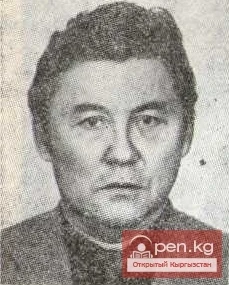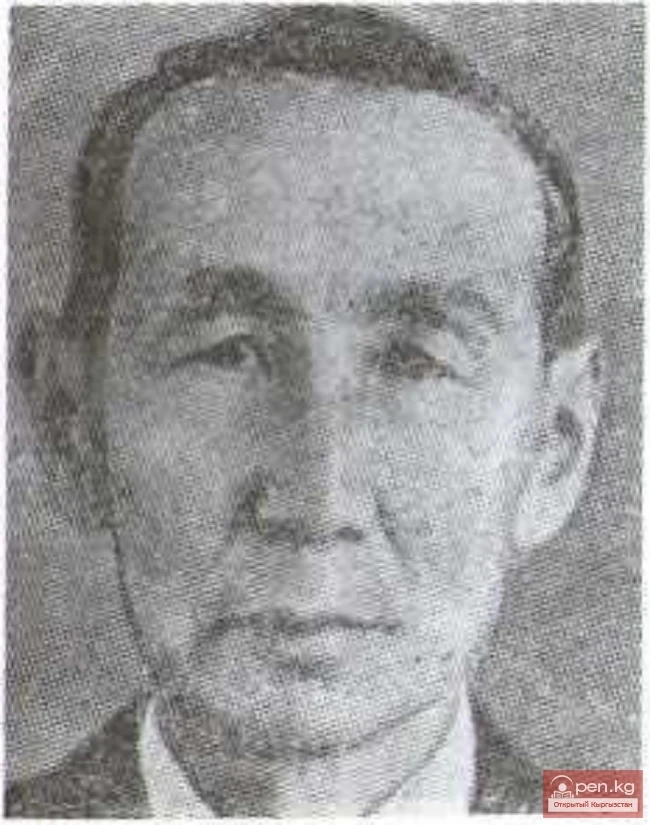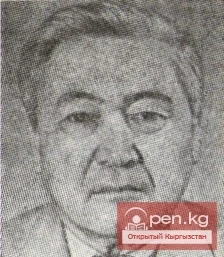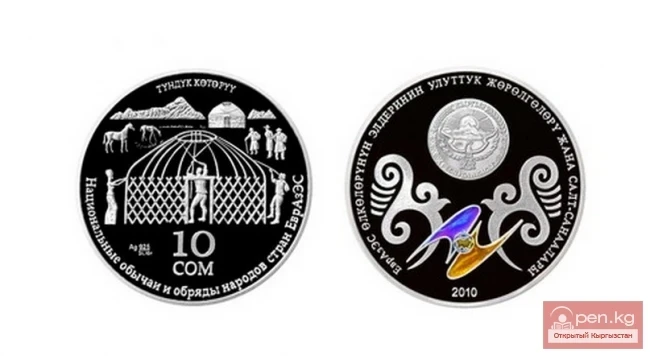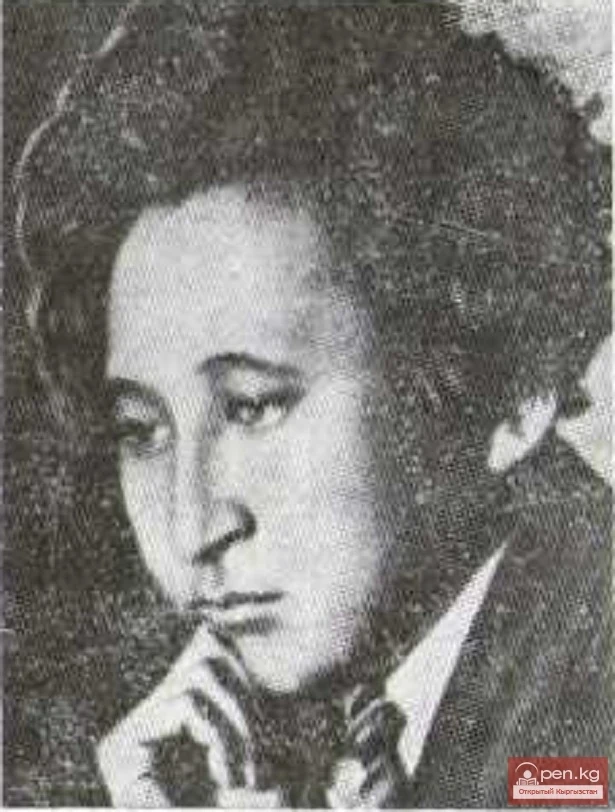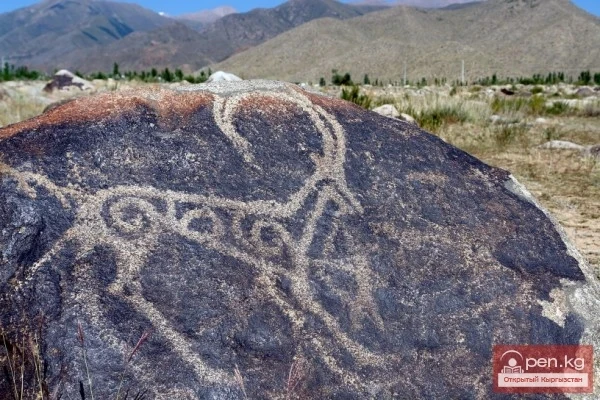
Alongside Islam, the life of the Kyrgyz was widely influenced by customs and traditions of pre-Islamic religious beliefs. Primarily, these were reflections of the natural and social forces dominating the people's consciousness. The custom of worshiping various animals—totemism—was one of the earliest forms of religious consciousness. For instance, one of the clans of the northern Kyrgyz is called "bugu" (deer). Its members still preserve legends and traditions associated with the veneration of this beautiful animal. Among the totems were also the golden eagle, wolf, and mountain goat. The Kyrgyz also revered other animals related to the religious views of Zoroastrianism. According to this ancient belief, many animals were considered sacred, including the white camel, snow leopard, bear, owl, and snake.
The Kyrgyz of Yenisei practiced the religion of butparaz, meaning they were idol worshippers. Like other Turkic peoples of that time, they recognized the main deities as Tengr Ata and Umai Ene. Ancient traditions of shamanism and belief in shamans continued to exist in the life of the Kyrgyz. These were often associated with the practice of folk healing. The so-called bakshy (healer) and byuby (female healer) treated the sick. Shamans were divided into black and white, with the black shamans possessing the greatest power. They primarily treated diseases of the nervous system and engaged in divination.
The beginning of the spread of Islam in Kyrgyzstan dates back to the IX-XII centuries. It is known that Satuk Kara-Khan accepted Islam shortly before his death (955), and his son Musa proclaimed Islam as the state religion. Historical sources report that in 960, 200,000 households of various Turkic clans and groups inhabiting Tengr-Tuu accepted Islam. Among them were many Kyrgyz clans living in the foothills of Tengr-Tuu and Pamir, the shores of Issyk-Kul, and the valley of the Talas River. Information about the acceptance of the Muslim faith by the Kyrgyz is widely reflected in historical sources of the 16th century—"Tarikh-i Rashidi," "Majmu' at-Tawarikh," "Jalis-i Mushtadin," "Ziya al-Qulub," and others. The religious traditions and rituals that existed before the acceptance of Islam were preserved by the Kyrgyz not only until the 16th century but also much later.
The main traditional holidays of the Kyrgyz of Yenisei were celebrations associated with the beginning of certain periods of the year—Spring Festival (Navruz), Autumn Festival.

